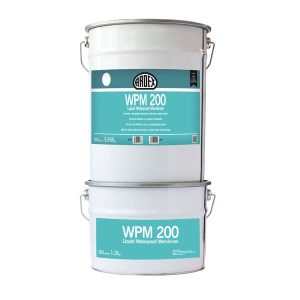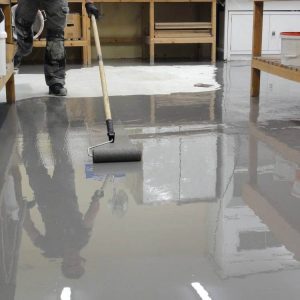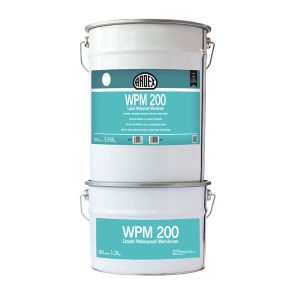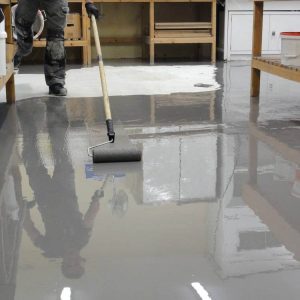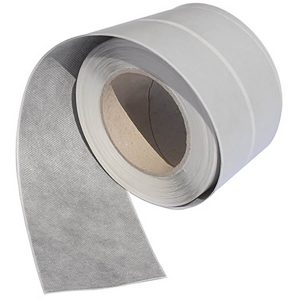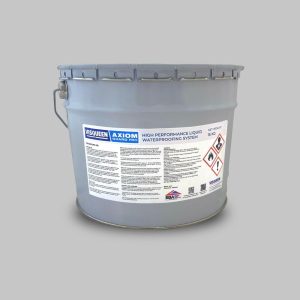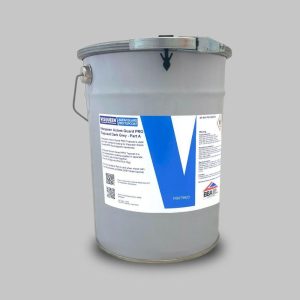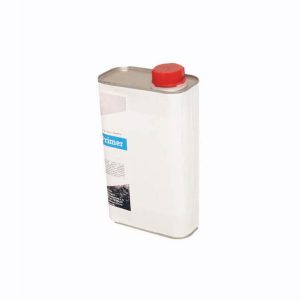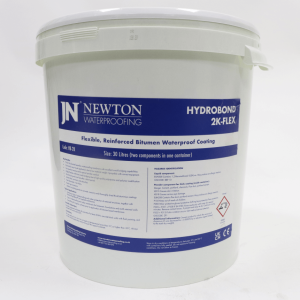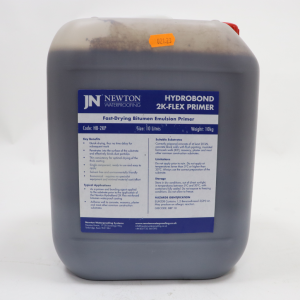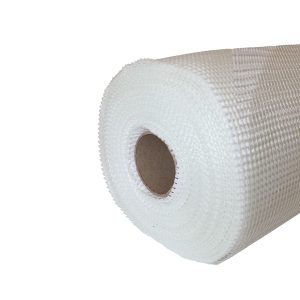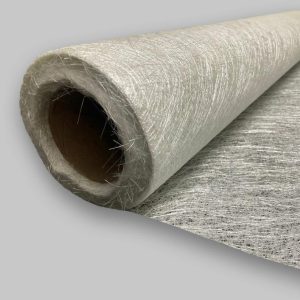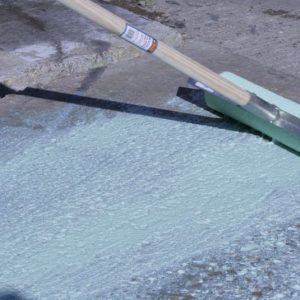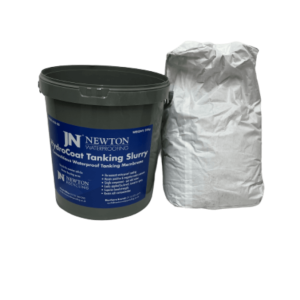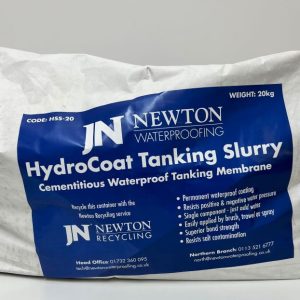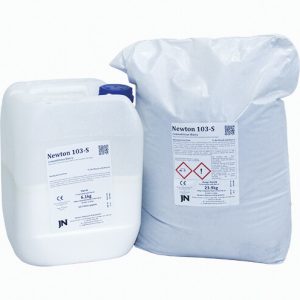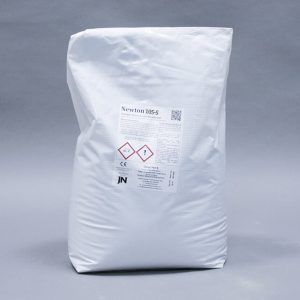Liquid Waterproofing Membranes
Brand
Type
Pump Type
Pump Size
Inverter Size
Battery Size
Number of Pumps
Discharge Points
Width
Length
Area
Size
Material
Components
Features
Pack size
Suitable for
Color
Thickness
Maximum Repair Depth
Application Area
Variants
Depth
Density
Range
Showing 18 out 30 products
-
ARDEX WPM 200 Liquid Waterproof Membrane – 20ltr Black
£778.60 incl. VAT£648.83 excl. VAT -
ARDEX WPM 200 Liquid Waterproof Membrane – 20ltr Grey
£778.60 incl. VAT£648.83 excl. VAT -
ARDEX WPM 200 Liquid Waterproof Membrane – 5ltr Black
£257.81 incl. VAT£214.84 excl. VAT -
ARDEX WPM 200 Liquid Waterproof Membrane – 5ltr Grey
£257.81 incl. VAT£214.84 excl. VAT -
ARDEX WPM 200 Reinforcing Tape – 100mm x 15m
£53.56 incl. VAT£44.63 excl. VAT -
Visqueen Axiom Guard PRO Liquid Membrane – 15kg
£266.62 incl. VAT£222.18 excl. VAT -
Visqueen Axiom Guard PRO Topcoat – PU Coating – 5kg Clear
£276.95 incl. VAT£230.79 excl. VAT -
Visqueen Axiom Guard PRO Topcoat – PU Coating – 5kg Grey
£276.95 incl. VAT£230.79 excl. VAT -
Newton FlexProof 106 Primer for Porous Substrates – 1kg
£75.22 incl. VAT£62.68 excl. VAT -
Newton HydroBond 2K-Flex Bitumen Waterproof Coating – 30 Litre
£122.81 incl. VAT£102.34 excl. VAT -
Newton HydroBond 2K-Flex Primer – 10 Litre
£47.48 incl. VAT£39.57 excl. VAT -
Newton HydroBond 2K-Flex Mesh – 1m x 50m
£78.72 incl. VAT£65.60 excl. VAT -
Visqueen Axiom Guard PRO Matting – 1m x 20m
£106.66 incl. VAT£88.88 excl. VAT -
Newton HydroCoat 903 Primer – 5 Litre
£52.80 incl. VAT£44.00 excl. VAT -
Newton HydroCoat Tanking Slurry – 20kg Bag in Bucket
£41.40 incl. VAT£34.50 excl. VAT -
Newton HydroCoat Tanking Slurry – 20kg Bag
£24.74 incl. VAT£20.62 excl. VAT -
Newton HydroCoat 103 2K – 30kg
£163.09 incl. VAT£135.91 excl. VAT -
Newton HydroCoat 105 1K – 25kg bag
£110.66 incl. VAT£92.22 excl. VAT
Showing 18 out 30 products
